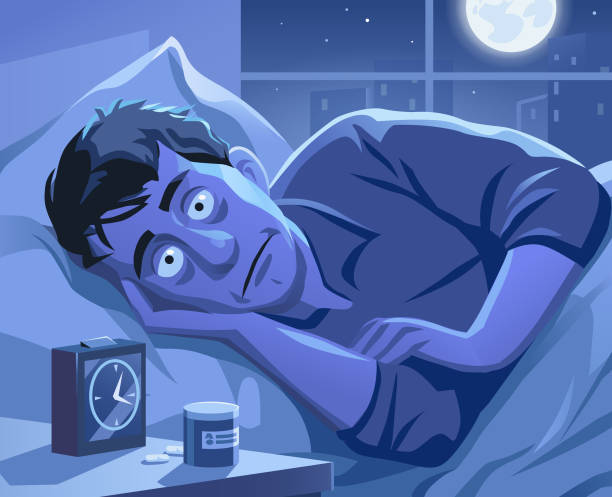
Many sleep problems come from our own habits. We stay up too late, sleep in, snack at night, or rely on alcohol or screens to wind down. When this becomes a pattern, it teaches the body not to sleep—and often we turn to sleeping pills, which only mask the problem. Real sleep improvement comes from fixing the root causes.
Here are 10 common sleep mistakes—and how to fix them:
1. Inconsistent Sleep Schedule
Changing your sleep times—especially on weekends—confuses your internal clock.
Fix: Go to bed and wake up at the same time every day, even on weekends.
2. Long or Late Naps
Napping too long or too late can make it hard to sleep at night.
Fix: Nap only if you must—and keep it under 30 minutes, before 4 p.m.
3. No Wind-Down Time
Going straight from stimulation to bed doesn’t give your brain time to shift into sleep mode.
Fix: Unplug electronics an hour before bed. Dim the lights, take a bath, listen to calm music, or try gentle yoga.
4. Too Much Light at Night
Light, even small amounts, can block melatonin production.
Fix: Make your bedroom pitch-dark. Cover electronics, use blackout curtains, or wear an eye mask.
5. Sugary Bedtime Snacks
Refined carbs spike blood sugar and disrupt hormones, leading to restless sleep.
Fix: If you need a snack, choose high-protein foods like nuts or yogurt.
6. Relying on Sleeping Pills
Pills don’t fix the cause of insomnia and can lead to dependence.
Fix: Try relaxation techniques like deep breathing, yoga, or meditation instead.
7. Using Alcohol to Sleep
Alcohol may help you fall asleep but often causes poor sleep quality later in the night.
Fix: Use calming supplements like magnesium, theanine, chamomile, or melatonin.
8. Watching TV in Bed
Falling asleep with the TV trains your brain to stay alert in bed.
Fix: Keep the TV out of the bedroom. Reserve your bed for sleep and intimacy only.
9. Staying in Bed Awake
Lying awake too long builds anxiety about not sleeping.
Fix: If you can’t sleep within 30–45 minutes, get up. Read, stretch, or relax until you feel sleepy again.
10. Making Sleep a Performance
Worrying about sleep makes it harder to fall asleep.
Fix: Let go. Focus on calming your body and mind. Sleep will follow naturally when you stop forcing it.
Bonus Tip: Rule Out Sleep Apnea
If you snore heavily or feel exhausted despite sleep, you may have sleep apnea—a serious condition that affects breathing and increases health risks. Talk to your doctor if this sounds like you.
Better sleep starts with better habits. Small, consistent changes can reset your sleep rhythm and help you finally rest well.
Which Nutrients and Supplements Can Help Me Sleep?
Melatonin | Vitamin D | Calcium | Magnesium | Probiotics
